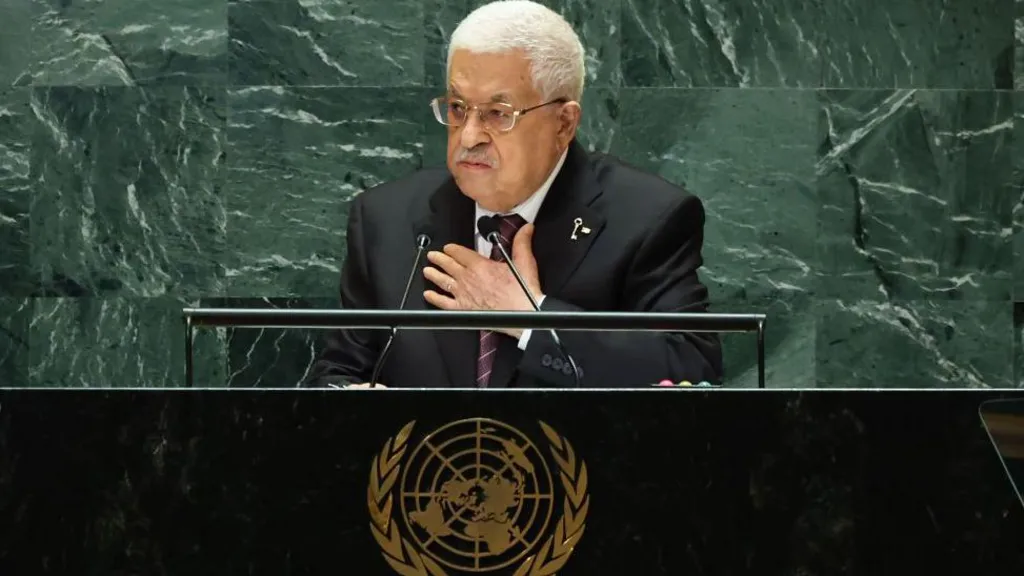The recent decision to block Palestinian President Mahmoud Abbas from attending the UN General Assembly session in New York next month, along with 80 other Palestinian officials whose visas were revoked by the US State Department, has sparked controversy and raised concerns about international diplomacy.
US Secretary of State Marco Rubio justified the visa revocation by accusing the Palestinian officials of undermining peace efforts and pushing for the recognition of a hypothetical Palestinian state without bilateral negotiations. The move, applauded by Israel, marks a departure from the usual practice of facilitating travel for officials of all nations attending the UN meetings at its headquarters in New York.
The ban on Abbas and other Palestinian officials comes at a critical juncture when international efforts, led by France, are underway to secure recognition for the state of Palestine during the upcoming General Assembly session – a move that faces opposition from the Trump administration.
While Palestinian Ambassador Riyad Mansour had previously confirmed Abbas’s attendance at the high-level meeting, the State Department’s decision to deny and revoke visas from members of the Palestine Liberation Organization (PLO) and the Palestinian Authority (PA) has thrown a wrench into the plans.
In response to the visa denial, Rubio clarified that Palestinian representatives based at the UN mission in New York could still participate in the meetings in accordance with the UN Headquarters Agreement, which governs the functioning of the UN within the US. However, questions loom over the compliance of the US action with the Agreement, which mandates unhindered access for foreign officials attending UN activities in New York, regardless of diplomatic relations.
Abbas’s office condemned the visa decision as a violation of international law and the UN Headquarters Agreement, emphasizing that as an observer member of the United Nations, the State of Palestine should be afforded the right to participate. The call for the US to reverse its stance reflects growing tensions over the Palestinian representation at international forums.
Meanwhile, Israel’s Foreign Minister Gideon Saar welcomed the visa restrictions, underscoring the complex political dynamics in the region. The internal power struggle between Hamas in Gaza and Fatah in the West Bank, compounded by issues of governance and territorial disputes, further complicates the prospects for peace and stability.
The historical context of the Palestinian representation at the UN, from the PLO’s recognition as the legitimate voice of the Palestinian people in 1974 to the upgraded status as a non-member permanent observer state in 2012, underscores the multifaceted nature of the Israel-Palestinian conflict. The divergent views on a two-state solution, with Israel rejecting the idea citing security concerns and Hamas’s terrorism, highlight the entrenched obstacles to a lasting resolution.
As the international community grapples with the visa controversy and the broader implications for the peace process, the upcoming General Assembly session holds significance for discussions on the two-state solution. With key allies like France, the UK, Canada, and Australia signaling support for Palestinian state recognition, the diplomatic landscape is poised for further upheaval amidst the ongoing challenges on the ground.
In conclusion, the visa revocation of Palestinian officials casts a shadow over the UN General Assembly meeting, underscoring the deep-rooted complexities and competing interests that define the Israeli-Palestinian conflict. The path to peace remains elusive, with diplomatic tensions and political maneuvering shaping the discourse on the future of the region.

